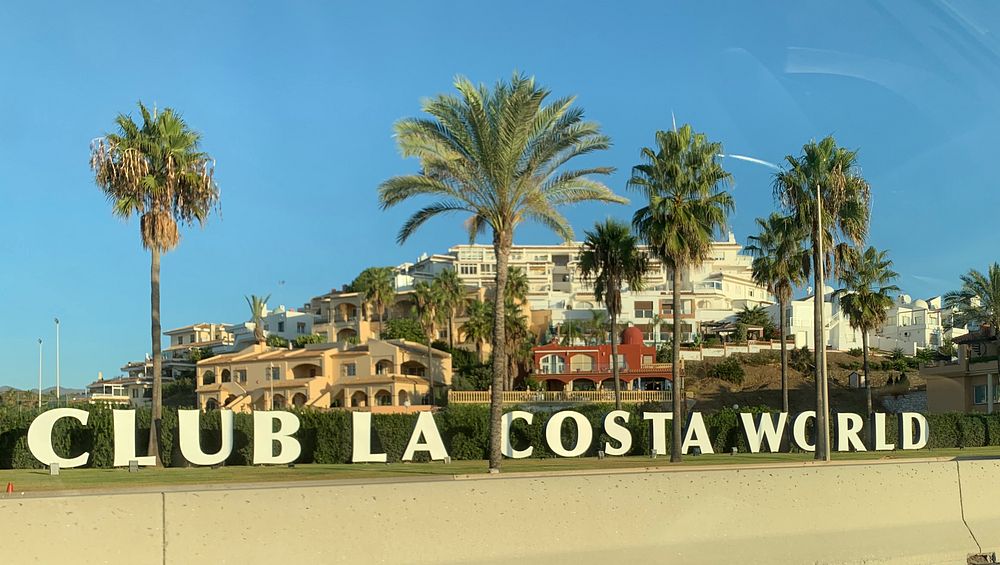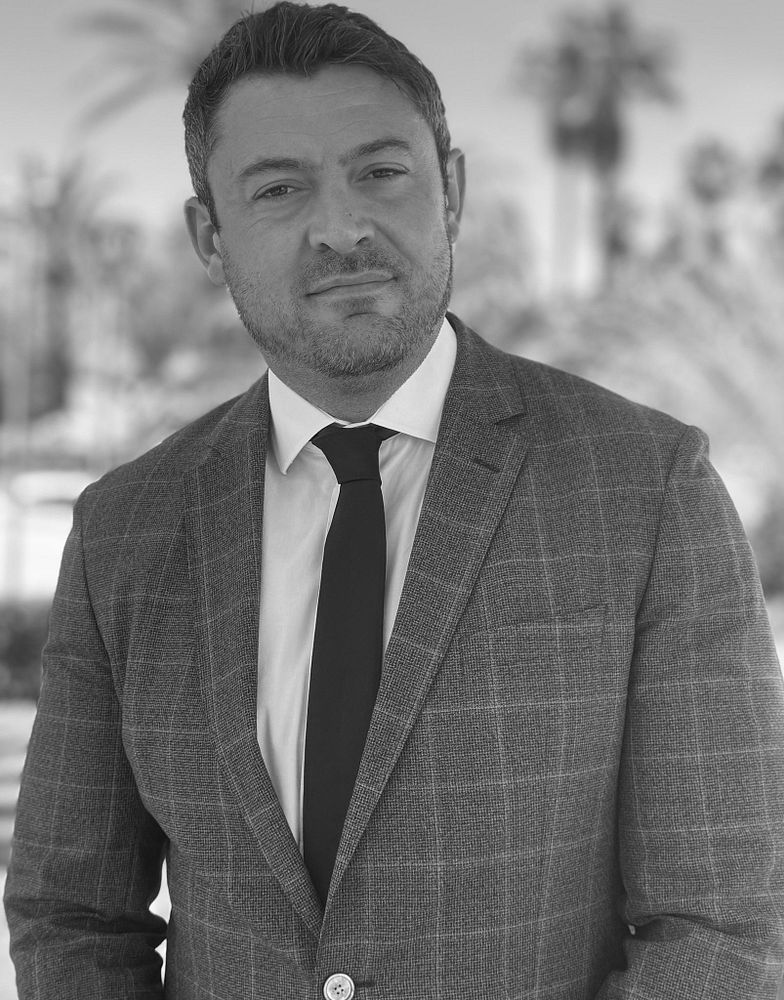Clandestine, timeshare-funded RDO spending drive aimed at persuading Spanish politicians to remove key protection for timeshare victims
The official position on RDO's website is that they protect consumers and provide arbitration in cases of dispute.
The evidence conversely demonstrates that RDO's true motivation is to defend the interests of their timeshare paymasters from adverse publicity and legal actions.

RDO has been described by one consumer expert as a 'cabal' due to their secretive and highly partisan nature. Their senior management boards are populated by men who have accumulated great wealth through Augean levels of consumer abuse over multiple decades.
The RDO Legislative Council includes several in-house lawyers provided by mega-brand timeshare companies (including) Marriott, Hilton and Club la Costa as well as leading exchange companies RCI and Interval International.
RDO’s more subversive recent activities include cynical, determined attempts to overturn the landmark Spanish Supreme Court decision which paved the way for tens of thousands of mis-sold owners to successfully claim compensation over timeshare contracts.
Funded by timeshare benefactors, RDO have appointed two top-tier consulting businesses, with powerful political connections. These are PricewaterhouseCoopers (PwC Spain) and elite lobbying experts Acento.

Representatives from these two companies initiated dialogue with Spanish officials including politicians, some in government, such as senior officials in the Spanish Ministry of Tourism and Ministry of Justice as well as regional authorities.
Political representatives were approached in various autonomous regions including Catalunya, The Canary Islands, The Balearic Islands, and the Valencian and Andalusian regions.
The goal was to leverage support within the Spanish political system to, in effect, reverse the Spanish Supreme Court decision by amending vital legislation created to protect consumers from detrimental and deceptive sales practices.
It took years of fighting for justice by determined lawyers to have these laws properly enforced – but now the timeshare industry is insidiously striving to once again deny timeshare owners their hard-won consumer rights.

In order to achieve this shameful objective, private meetings were arranged with ministers, other influential politicians and lawmakers. The lobbyists and timeshare industry lawyers are promoting the narrative that it is in the interest of the Spanish economy to protect timeshare companies in Spain from the 'consequences' of the Spanish Supreme Court decision.
Following this intensive lobbying, support to amend Spanish Law 42/1998 was gained, and amendments have been filed in the Spanish parliament.
The amendment documents reveal how the timeshare businesses have portrayed their case – as huge contributors to the Spanish economy, and as the ‘victims’ of a Supreme Court injustice.
A key statement within the amendment documentation states - “The (current) situation described has not only slowed down any development of timeshare activity, with the loss of opportunity in a key sector of our economy such as tourism, but has also led to bankruptcy or put at risk the economic viability of companies in the sector, destroying direct and indirect employment.”

As things currently stand, multiple senior politicians have been persuaded to back changes designed to alter consumer protection regulations in favour of big businesses who had been caught harming their customers.
In one sense they have: Timeshare is an emotional sale. Nobody plans to buy a timeshare, they have to be lured in via expensive marketing, and sold via high pressure sales presentations. These type of sales have been halted.
Timeshare companies are currently allowed to trade with approximately the same intensity as, say selling a house or car. But without being able to use their previous tactics, operations in Spain have been unable to sell even a tiny fraction of what they were capable of when the law permitted their full range of manipulation techniques.
Put simply, the sales that no longer happen are the ones that the law (as well as arguably most of general society) considered unfair and immoral.
As to other financial suffering? No, they still make money.

Despite resorts seeking to protect themselves from paying legal compensation by placing parts of their operations into insolvency, they largely remained open, accepting holiday makers and timeshare owners alike.
The sections closed down were high-pressure sales teams - the majority of whom were not Spanish citizens.
Resort owners simply switched to marketing their accommodation to regular holidaymakers.
The timeshare industry's attempt to stop paying due legal compensation by convincing Spanish politicians there will be dire consequences for the national economy is flawed. There is no evidence of any such wide-ranging repercussions.
Only a dent in the personal fortunes of timeshare barons.
Grim tactics
This RDO's current mission to persuade Spanish policy makers to abolish the possibility of legal restitution for thousands of distressed timeshare owners is far from atypical behaviour.
Ever since the law began penalising errant timeshare resorts for mis-selling, those resorts have sought to delay or end paying court ordered compensation by using their financial muscle to obstruct the legal process.
Given the advanced age demographic of owners, many observers believe that the timeshare companies' sickening strategy may be to delay cases to the point where the claimants will actually die before their cases are concluded.

Fighting back on behalf of owners
Lawyers and consumer advocates are determined not not allow these timeshare businesses to bulldoze the legal systems, or bury legitimate claims under an avalanche of delays.
Thousands of cases have been successfully fought on behalf of owners through the legal system already – from courts of first instance, through appeal hearings, even all the way to the Spanish Supreme Court.
In the UK, similar battles have taken place with a recent significant victory in the High Court, that has led to loans used to purchase timeshares, being ruled unlawful, and lenders ordered to refund huge sums.
Now, a counter-campaign is being led by European Consumer Claims (ECC) and associated lawyers to ensure that Spanish politicians persuaded to back potential legal changes by the RDO timeshare 'cabal' are shown the bigger (and more accurate) picture,
"ECC will be writing to the various national and regional heads of ministries that were subjected to RDO propaganda, and will ensure that they understand the true economic situation – including how timeshare companies in this country have enriched themselves through aggressive and deceitful sales methods," explains Greg Wilson, CEO of ECC.
"We will also be publishing open letters in media addressed to politicians both in Spain and the UK."

"ECC will publicly share case studies of many owners who are vulnerable, and distressed. We will ask the parties and ministries in Spain that have been persuaded to participate in the legal amendments to reassess the position. Unlike the secretive lobbying conducted by RDO and its members, ECC will publish our appeals for support for the many timeshare owners that have suffered from devious and unlawful selling.
"One obvious question we will be asking, is why politicians from regions like the Basque country would be interested in backing these amendments, when there are no timeshare operations in their constituencies."
If you have been treated unfairly by a timeshare company, get in touch with our team to understand your options.
